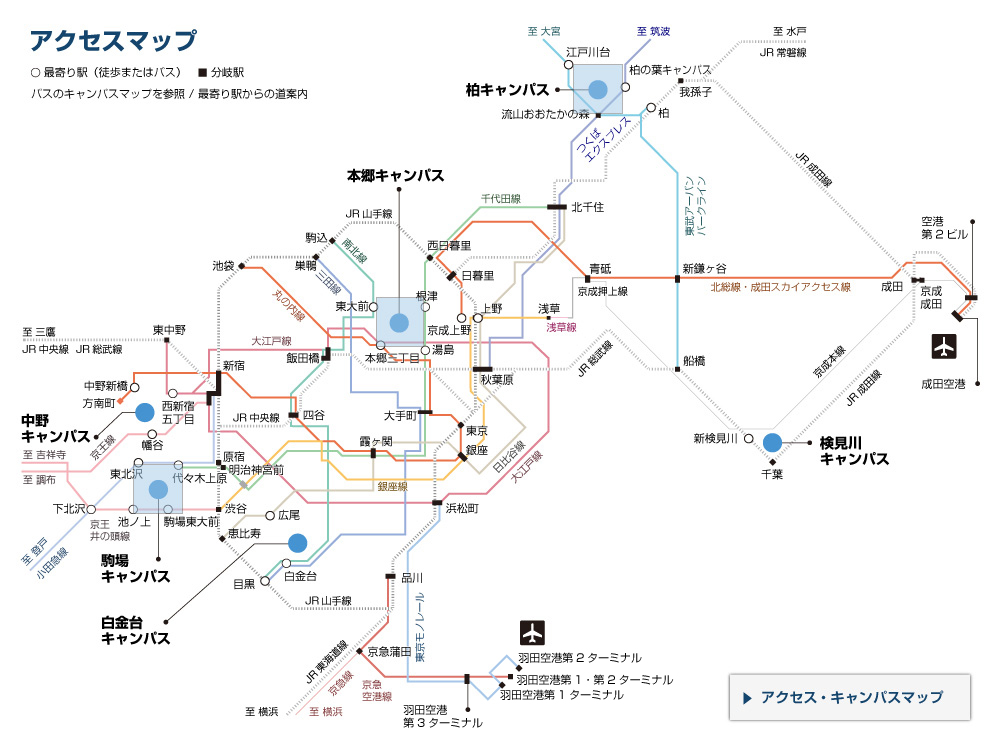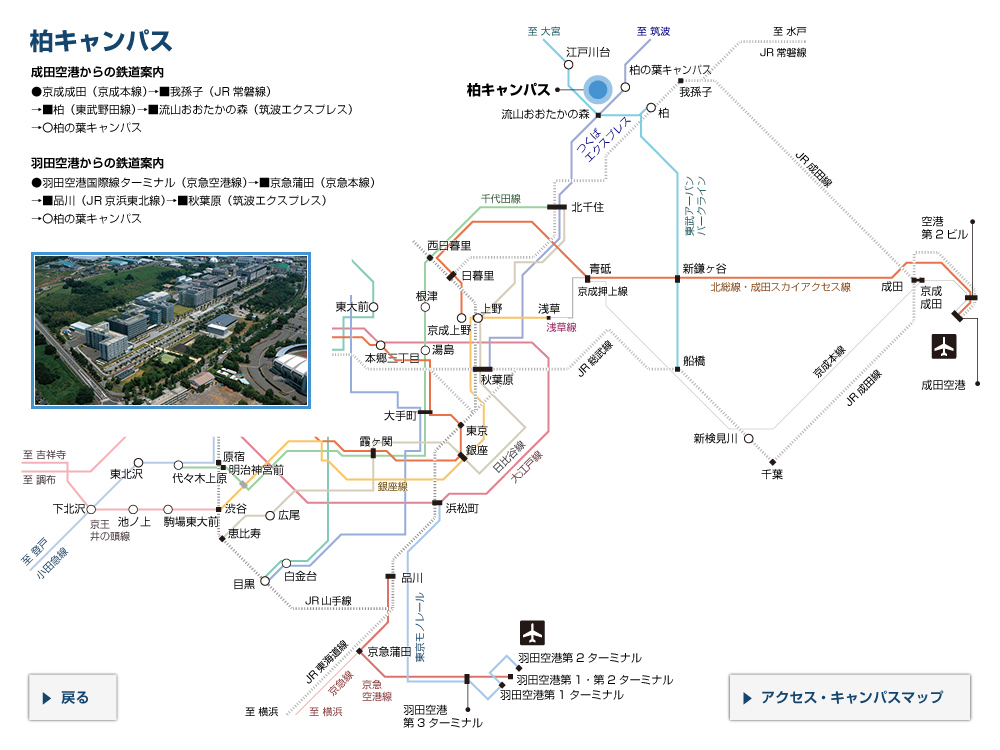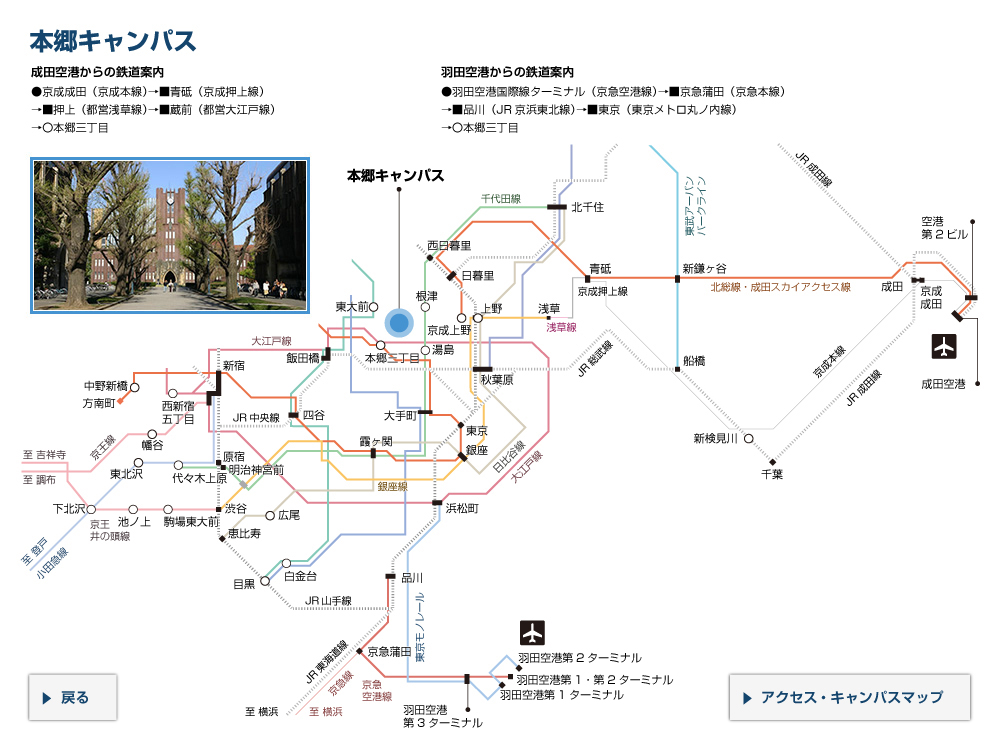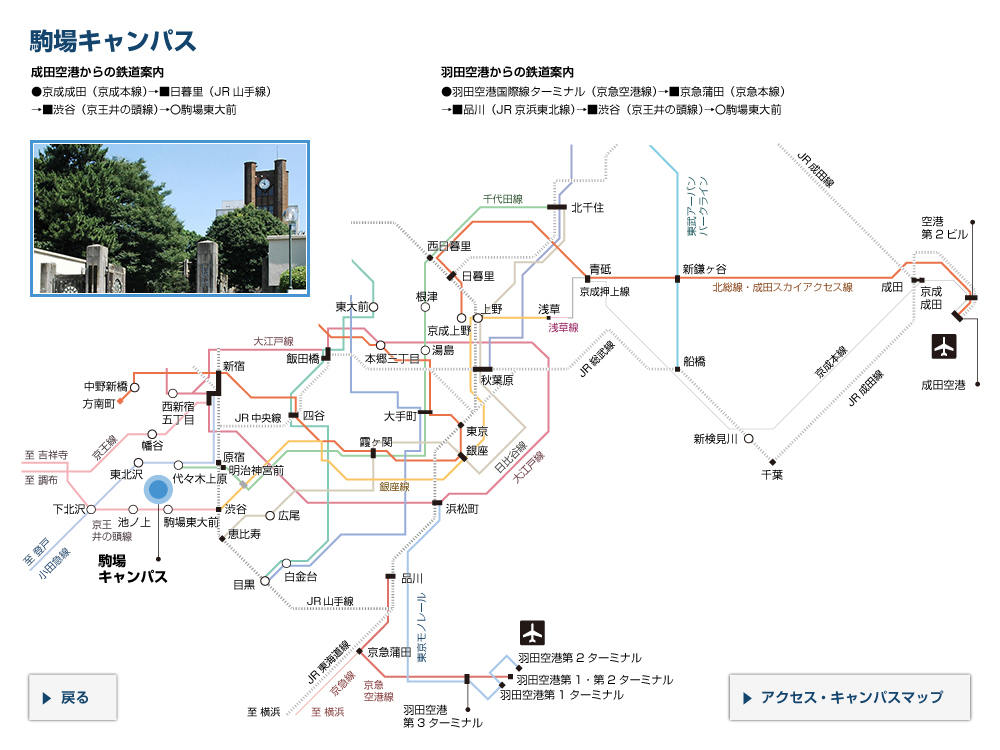北京大学創立122周年での総長スピーチ

2020年5月4日(月)に北京大学において北京大学創立122周年記念式典が開催され、東京大学総長およびIARU*議長として五神真総長がスピーチ(ビデオ配信)を行いました。本式典はシンポジウム「Global Governance after COVID-19」と同時開催されました。北京大学は本学の戦略的パートナーシップ校のひとつでもあります。
五神総長は、IARUの枠組みで北京大学とともに取り組んでいるCOVID-19への対応や新しい共同教育の検討への期待等について述べ、新型コロナウィルス感染症の克服はいまだ途上にあるなか、知恵を出し合い、様々な工夫を行いながら、この困難を共に乗り越え、未来を創っていきたいとのメッセージを伝えました。
スピーチの全文は以下からご覧いただけます。
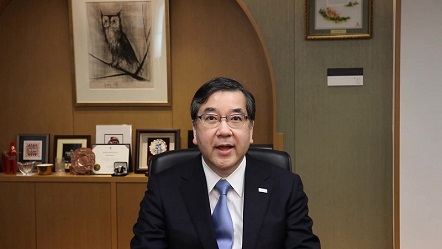
(*IARU(International Alliance of Research Universities)とは、東京大学、北京大学、イエール大学、カリフォルニア大学バークレー校、ケンブリッジ大学、オックスフォード大学、スイス連邦工科大学チューリッヒ校、コペンハーゲン大学、オーストラリア国立大学、シンガポール国立大学、ケープタウン大学の11研究型大学が参画する国際大学連合です。教職員交流、研究協力、学生交流、共同教育、共通の指標の開発など、教育研究における連携推進を目的として、平成18 年(2006年)1月に設立されました。学長会議・Senior Officers会議のほか、サマースクールやインターンシップなどの学生交流、サスティナブル・キャンパスや男女共同参画、エイジング分野における協力、図書館や同窓会組織間の連携等を推進しています。)
Chairman of the University Council, Qiu Shuiping, President Hao Ping, distinguished guests, colleagues and students of Peking University. I would like to congratulate you on the 122nd Anniversary of Peking University. Peking University is one of our most precious and closest partners. We are both located in East Asia and we share many similar values. Also, Peking University is a very important member of IARU, the International Alliance of Research Universities, of which I am the current Chair. I am very honored to be invited and to give a speech at this 122nd Anniversary of Peking University and the High-end Theoretical Forum on "Global Governance after COVID-19".
Two years ago, I had the pleasure of giving a speech at the Beijing Forum, which was held in conjunction with the 120th anniversary of Peking University. At that time, I said, an anniversary is a good opportunity to look back into the past and also think about the future. In only two years, we have seen various global challenges including the current world-wide struggle against COVID-19. Today’s forum would be a great opportunity for us to think and act together towards shaping a shared future.
The spread of COVID-19 is causing a major impact on our economy and society. Day and night, great efforts are being made across the globe to overcome this challenge. I would like to take this opportunity to send my deepest condolences to the families and friends of those who lost their lives. I also hope for a speedy recovery of those who are suffering from the illness. We are starting to realize that this pandemic may not be a temporary issue, but I am sure we can overcome it together.
COVID-19 evidently demonstrates how globally connected our activities and socio-economic systems have become. In recent years, we have seen rising calls for “our country first”, and the prioritization of self-interest. However, globalization has already reached every aspect of our lives. We are at a point where we cannot go back.
COVID-19 showed us how powerless it is, to take actions aiming only at securing interests of particular regions. Instead, we must act and work together.
This is where academia can play a critical role. Every academic activity pursues universality and has no borders. Academia has a global network based on trust. Academia can work as an alternative channel that complements political and economic relationships and facilitate collaborations to address major global challenges. In the time of COVID-19, it is important for universities to share their wisdom and work together to tackle and also to develop new ways to continue to guarantee the education and research activities for our future.
I would like to introduce some of the activities that Peking University and the University of Tokyo are working together on to achieve this.
In IARU, we recently set up a Working Group on Epidemiology to collaborate on medical research on COVID-19. We have also started sharing good practices on online education. Both started with the strong initiative of President Hao Ping and colleagues of Peking University. This idea was proposed in February, when China was suffering greatly from COVID-19. As Chair of IARU, I felt grateful for their strong willingness to contribute to the global public, despite the difficult situation that they were facing. IARU is made up of leading universities in Asia, Oceania, Europe, America and Africa. I am sure that this initiative will benefit the whole world.
COVID-19 strictly limits direct human communication which is the heart of a university’s activities. It is important to explore new ways to provide students with effective and exciting learning opportunities. Universities can work together to build a new online joint education system. This discussion is already taking place in the East Asian Academy for New Liberal Arts, EAA, a joint program by Peking University and the University of Tokyo aimed to foster individuals who can envision and lead the common future of Asia.
Online experience does not substitute face-to-face communication. However, it can be used to increase the channels through which we can understand others. One EAA professor told me that exploring new forms of online education can provide us hints to fully utilize technology to create a more inclusive and considerate world.
I hope that EAA will become a good example of creating a platform for the two universities to share each other’s experiences and explore new ways to communicate knowledge for the benefit of the world.
I would like to mention the importance of multi-stakeholder collaboration, especially in the time of COVID-19. At the Beijing Forum two years ago, I remember talking about the digital revolution. Rapid development in information and communication technologies is transforming our economy and society in many ways. Since we started using the internet, about twenty years ago, a great amount of digital data has accumulated in cyberspace. New technologies such as artificial intelligence have empowered us to utilize this data in the real world. In this way, the real world and cyberspace are increasingly merging with one another. It is bringing about a transformation in how people connect to each other. More importantly, it changes the way economic values are created. We can call this a paradigm shift to a knowledge intensive society, where the foundations of value creation are data, knowledge, and services, instead of things.
On one hand, the digital revolution is a great opportunity to solve difficult social issues. Most importantly, it has a potential to create an ideal society, where diversity is valued, and everyone can achieve their full potential. This is an inclusive society. Digital revolution can help people to get connected regardless of the physical distance. It could help us overcome the disparity between cities and countryside. It can provide more customized services based on the needs of individuals. It can help us achieve an inclusive economic growth, where no one will be left behind. On the other hand, we should not forget the possibility that the digital revolution could increase disparity between those who have data and those who do not.
Today, COVID-19 is accelerating this digital transformation, as we shift more and more of our activities online. We must make every effort so that this digital transformation will lead us to a better future for everyone and avoid the increase of disparity. We are standing at a crossroad.
This reminds us that we have many urgent global issues to work on, even during this difficult time of the fight against COVID-19. For instance, climate change and environmental issues will not wait. The fight against COVID-19 and the global effort to create a sustainable future must take place at the same time. This is a difficult task, but there are ways to overcome it. It is clear that most of our global issues, including the spread of COVID-19 and climate change, can be attributed to human activities. So, to solve these global issues, we need deeper understanding of human activities that are becoming increasingly linked to cyberspace. New technologies brought on by the digital transformation could help us achieve this in many ways.
In this light, the University of Tokyo is now planning to launch a new research organization to lead an international multi-stakeholder collaboration to tackle these global issues. The key concept of this initiative is the global commons. We position both the physical space of our planet and cyberspace as global commons. We will create a global framework to foster and preserve this global commons, as a common ground for all of us to realize the betterment of humanity. We would like to collaborate with scholars and leaders from various sectors from across the globe, including colleagues at Peking University.
Let us share our knowledge and wisdom and work together to overcome this difficult time and to create a better future together.
Congratulations and thank you very much.
五神総長は、IARUの枠組みで北京大学とともに取り組んでいるCOVID-19への対応や新しい共同教育の検討への期待等について述べ、新型コロナウィルス感染症の克服はいまだ途上にあるなか、知恵を出し合い、様々な工夫を行いながら、この困難を共に乗り越え、未来を創っていきたいとのメッセージを伝えました。
スピーチの全文は以下からご覧いただけます。

(*IARU(International Alliance of Research Universities)とは、東京大学、北京大学、イエール大学、カリフォルニア大学バークレー校、ケンブリッジ大学、オックスフォード大学、スイス連邦工科大学チューリッヒ校、コペンハーゲン大学、オーストラリア国立大学、シンガポール国立大学、ケープタウン大学の11研究型大学が参画する国際大学連合です。教職員交流、研究協力、学生交流、共同教育、共通の指標の開発など、教育研究における連携推進を目的として、平成18 年(2006年)1月に設立されました。学長会議・Senior Officers会議のほか、サマースクールやインターンシップなどの学生交流、サスティナブル・キャンパスや男女共同参画、エイジング分野における協力、図書館や同窓会組織間の連携等を推進しています。)
122nd Anniversary of Peking University and High-end Theoretical Forum on "Global Governance after COVID-19"
Address by
Makoto Gonokami,
President of the University of Tokyo
Video Message
May 4th 2020
Good afternoon. I am Makoto Gonokami, President of the University of Tokyo.
Chairman of the University Council, Qiu Shuiping, President Hao Ping, distinguished guests, colleagues and students of Peking University. I would like to congratulate you on the 122nd Anniversary of Peking University. Peking University is one of our most precious and closest partners. We are both located in East Asia and we share many similar values. Also, Peking University is a very important member of IARU, the International Alliance of Research Universities, of which I am the current Chair. I am very honored to be invited and to give a speech at this 122nd Anniversary of Peking University and the High-end Theoretical Forum on "Global Governance after COVID-19".
Two years ago, I had the pleasure of giving a speech at the Beijing Forum, which was held in conjunction with the 120th anniversary of Peking University. At that time, I said, an anniversary is a good opportunity to look back into the past and also think about the future. In only two years, we have seen various global challenges including the current world-wide struggle against COVID-19. Today’s forum would be a great opportunity for us to think and act together towards shaping a shared future.
The spread of COVID-19 is causing a major impact on our economy and society. Day and night, great efforts are being made across the globe to overcome this challenge. I would like to take this opportunity to send my deepest condolences to the families and friends of those who lost their lives. I also hope for a speedy recovery of those who are suffering from the illness. We are starting to realize that this pandemic may not be a temporary issue, but I am sure we can overcome it together.
COVID-19 evidently demonstrates how globally connected our activities and socio-economic systems have become. In recent years, we have seen rising calls for “our country first”, and the prioritization of self-interest. However, globalization has already reached every aspect of our lives. We are at a point where we cannot go back.
COVID-19 showed us how powerless it is, to take actions aiming only at securing interests of particular regions. Instead, we must act and work together.
This is where academia can play a critical role. Every academic activity pursues universality and has no borders. Academia has a global network based on trust. Academia can work as an alternative channel that complements political and economic relationships and facilitate collaborations to address major global challenges. In the time of COVID-19, it is important for universities to share their wisdom and work together to tackle and also to develop new ways to continue to guarantee the education and research activities for our future.
I would like to introduce some of the activities that Peking University and the University of Tokyo are working together on to achieve this.
In IARU, we recently set up a Working Group on Epidemiology to collaborate on medical research on COVID-19. We have also started sharing good practices on online education. Both started with the strong initiative of President Hao Ping and colleagues of Peking University. This idea was proposed in February, when China was suffering greatly from COVID-19. As Chair of IARU, I felt grateful for their strong willingness to contribute to the global public, despite the difficult situation that they were facing. IARU is made up of leading universities in Asia, Oceania, Europe, America and Africa. I am sure that this initiative will benefit the whole world.
COVID-19 strictly limits direct human communication which is the heart of a university’s activities. It is important to explore new ways to provide students with effective and exciting learning opportunities. Universities can work together to build a new online joint education system. This discussion is already taking place in the East Asian Academy for New Liberal Arts, EAA, a joint program by Peking University and the University of Tokyo aimed to foster individuals who can envision and lead the common future of Asia.
Online experience does not substitute face-to-face communication. However, it can be used to increase the channels through which we can understand others. One EAA professor told me that exploring new forms of online education can provide us hints to fully utilize technology to create a more inclusive and considerate world.
I hope that EAA will become a good example of creating a platform for the two universities to share each other’s experiences and explore new ways to communicate knowledge for the benefit of the world.
I would like to mention the importance of multi-stakeholder collaboration, especially in the time of COVID-19. At the Beijing Forum two years ago, I remember talking about the digital revolution. Rapid development in information and communication technologies is transforming our economy and society in many ways. Since we started using the internet, about twenty years ago, a great amount of digital data has accumulated in cyberspace. New technologies such as artificial intelligence have empowered us to utilize this data in the real world. In this way, the real world and cyberspace are increasingly merging with one another. It is bringing about a transformation in how people connect to each other. More importantly, it changes the way economic values are created. We can call this a paradigm shift to a knowledge intensive society, where the foundations of value creation are data, knowledge, and services, instead of things.
On one hand, the digital revolution is a great opportunity to solve difficult social issues. Most importantly, it has a potential to create an ideal society, where diversity is valued, and everyone can achieve their full potential. This is an inclusive society. Digital revolution can help people to get connected regardless of the physical distance. It could help us overcome the disparity between cities and countryside. It can provide more customized services based on the needs of individuals. It can help us achieve an inclusive economic growth, where no one will be left behind. On the other hand, we should not forget the possibility that the digital revolution could increase disparity between those who have data and those who do not.
Today, COVID-19 is accelerating this digital transformation, as we shift more and more of our activities online. We must make every effort so that this digital transformation will lead us to a better future for everyone and avoid the increase of disparity. We are standing at a crossroad.
This reminds us that we have many urgent global issues to work on, even during this difficult time of the fight against COVID-19. For instance, climate change and environmental issues will not wait. The fight against COVID-19 and the global effort to create a sustainable future must take place at the same time. This is a difficult task, but there are ways to overcome it. It is clear that most of our global issues, including the spread of COVID-19 and climate change, can be attributed to human activities. So, to solve these global issues, we need deeper understanding of human activities that are becoming increasingly linked to cyberspace. New technologies brought on by the digital transformation could help us achieve this in many ways.
In this light, the University of Tokyo is now planning to launch a new research organization to lead an international multi-stakeholder collaboration to tackle these global issues. The key concept of this initiative is the global commons. We position both the physical space of our planet and cyberspace as global commons. We will create a global framework to foster and preserve this global commons, as a common ground for all of us to realize the betterment of humanity. We would like to collaborate with scholars and leaders from various sectors from across the globe, including colleagues at Peking University.
Let us share our knowledge and wisdom and work together to overcome this difficult time and to create a better future together.
Congratulations and thank you very much.



